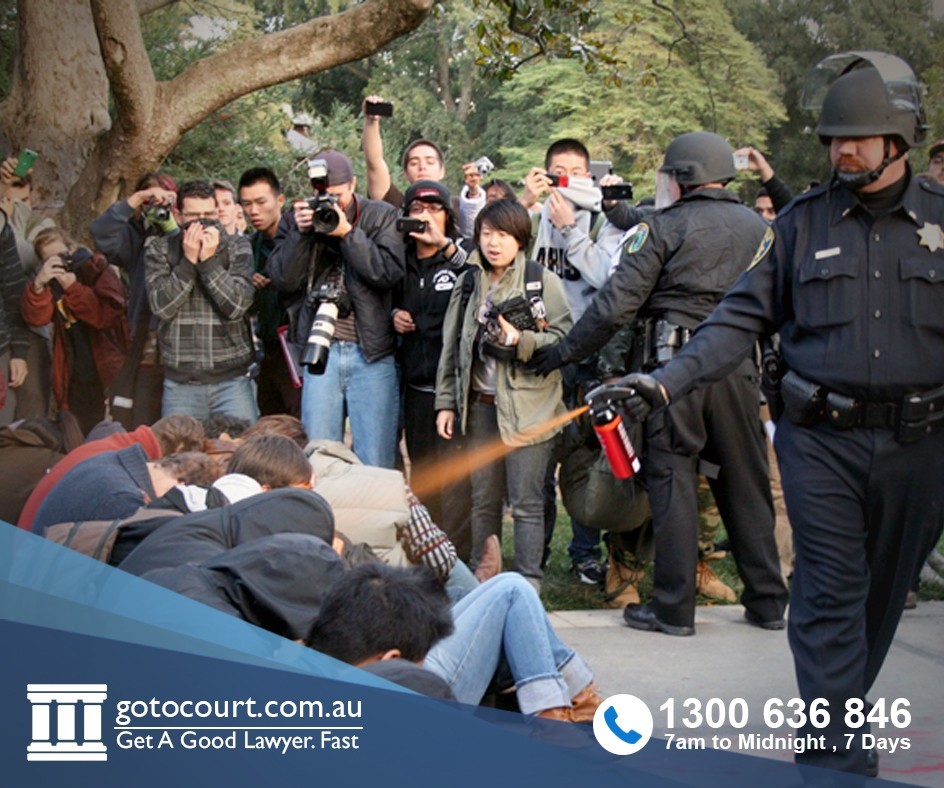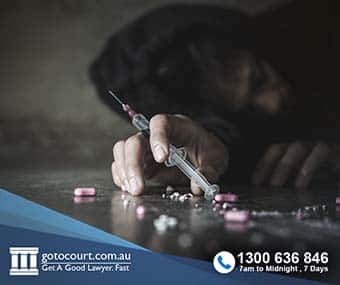Stealing Offences in the Australian Capital Territory
The offence of theft in the ACT is contained in section 308 of the Criminal Code 2002. There are also various other offences related to theft in the ACT, including robbery and burglary. This article deals with theft offences in the ACT.
What is theft?
Theft occurs when a person dishonestly appropriates the property of another with the intention of permanently depriving that other person of that property.
The maximum penalty for theft in the ACT is a fine of 1000 penalty units and/or 10 years imprisonment.
What must be proved?
Thew elements of the offence of theft are all defined at length in Part 3.2 of the Criminal Code. A person’s appropriation of someone else’s property can be dishonest even if they were willing to pay for it.
“Appropriation” is defined as the assumption of the rights of an owner without the consent of the person to whom the property belongs. That definition applies even if a person came by property innocently and only assumed the rights of an owner later.
A person has the intention to permanently deprive someone else of property even if they appropriate property without the intention of the other person permanently losing it. The test is if they intend to treat the property as theirs and dispose of it regardless of the original owner’s rights.
Possible defences to theft
There following defence may be relied on in response to a theft charge.
Intention to permanently deprive
An accused person has a potential defence to theft if the intention to permanently deprive the owner of property wasn’t formed at the time the property was taken. There must be some element of dishonesty to the taking of the property: R v Weatherstone. It is not enough for property to be taken, and then the intent to permanently deprive being formed afterwards.
Claim of right
A person may also have a valid defence if they believed that they had a claim of right to the property. The accused would need to show that they genuinely and honestly believed that they had a legal entitlement to the property. It must be a belief that they were entitled to the entire property taken and not merely part of it.
Jurisdiction
In the ACT, theft charges can be dealt with in either the Supreme Court or the Magistrates Court. However, if the value of the money or property (other than a motor vehicle) allegedly stolen is greater than $30,000, the matter has to be dealt with in the Supreme Court.
The Supreme Court can impose any penalty up to the maximum. The Magistrates Court cannot impose a prison sentence of up to two years for a single offence.
Receiving
A person commits the offence of receiving if they dishonestly receive stolen property knowing or believing it to be stolen. A person cannot be found guilty of both the theft and the receiving of the same property. The maximum penalty for receiving in the ACT is a fine of 1000 penalty units and/or 10 years imprisonment.
Obtaining property/financial advantage by deception
A person commits the offence of obtaining property by deception when property belonging to someone else is obtained by deception (whether intentionally or recklessly, by words or conduct, and whether the deception related to fact or law) with the intention of permanently depriving the other person of it.
The maximum penalty for this offence is 1000 penalty units and/or 10 years imprisonment. The penalty is the same for obtaining a financial advantage by deception.
Alternative verdicts
Under the Criminal Code 2002, courts may make alternative verdicts between the offences of theft, obtaining property by deception and receiving. This means that if the court thinks that a person who has been charged with one offence is not guilty of that charge but is guilty of another, it can find the person guilty of the other offence.
If a court cannot decide whether a person committed theft or receiving, it is find the person guilty of the offence that was more probable. If a court is unable to decide which is more probable, it must find the person guilty of theft.
If you require legal advice or representation in any legal matter, please contact Go To Court Lawyers.








